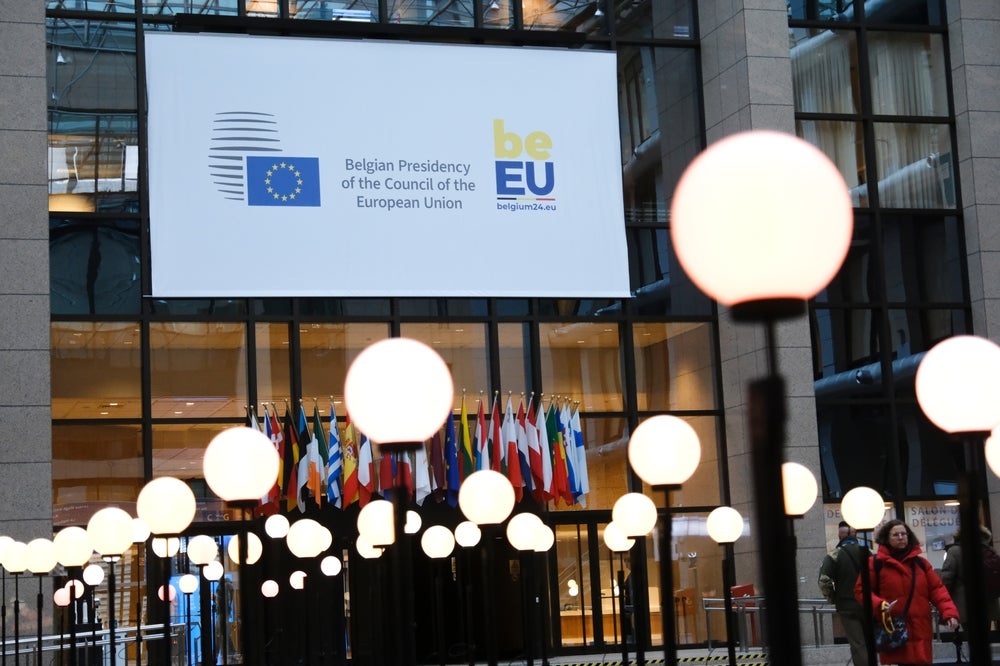Euratex has highlighted the need for a modernised customs framework that addresses the challenges of the digital age and fosters a level playing field for all.
Euratex's key priorities for successful EU customs reform
The organisation has outlined key priorities for a so-called successful reform and is urging the immediate elimination of the de minimis loophole, rather than waiting until 2028:
- Phasing out de minimis exemption: Euratex strongly supports abolishing the €150 import duty exemption for small consignments. It claims this exemption has been exploited by e-commerce companies and has created unfair competition for European manufacturers
- Harmonisation and streamlining: The organisation called for a unified customs regime across the EU, with simplified procedures and reduced administrative burdens for businesses, especially SMEs. This includes avoiding duplication of efforts and ensuring seamless interoperability between different customs information systems.
- Data security and transparency: Euratex emphasised the importance of robust data security measures within the proposed EU Data Hub. Clear regulations on data access, ownership, and cybersecurity safeguards are essential. Open collaboration between industry and policymakers is crucial in designing the Data Hub for optimal functionality
- Effective implementation of trust & check trader (T&CT): The T&CT status offers potential benefits for companies through features like self-assessment. However, Euratex raised concerns about practical implementation, particularly for SMEs struggling to obtain existing Authorized Economic Operator (AEO) statuses. Providing support for SMEs in obtaining this status is said to be crucial
- Interoperability and data sharing: Euratex underscored the importance of the EU Data Hub's interoperability with various IT systems. Also, a uniform central IT network facilitating national and other legal requirements would be a significant step forward
- Structured Dialogue with Stakeholders: The establishment of the EU Customs Authority (EUCA) is seen as a positive development for coordinating customs enforcement across the EU. Euratex recommends a dedicated dialogue between the EUCA and stakeholders, including industry representatives to improve overall coordination and effectiveness.
According to Euratex director general Dirk Vantyghem, customs play a critical role in safeguarding fair competition within the EU Single Market and ensuring that products meet environmental and safety standards.
Vantyghem said: "We recognise the need for a reformed system adapted to the 21st century, particularly considering the growth of e-commerce and the increasing complexity of regulations."
This follows Just Style's recent interview with the new Euratex president Mario Jorge Machado who shared his ambitions for the European textile industry: to level the playing field and make it more competitive globally.









